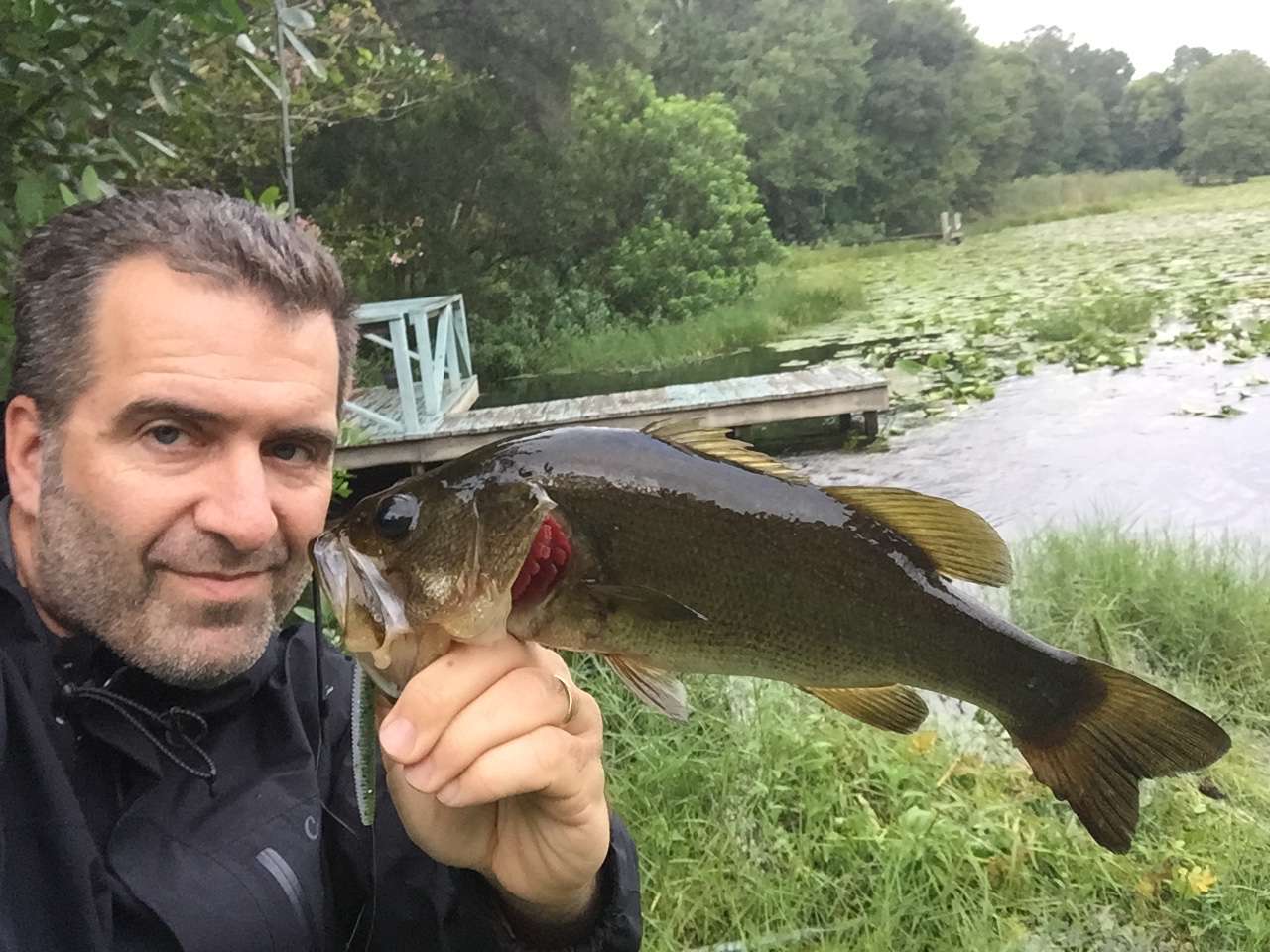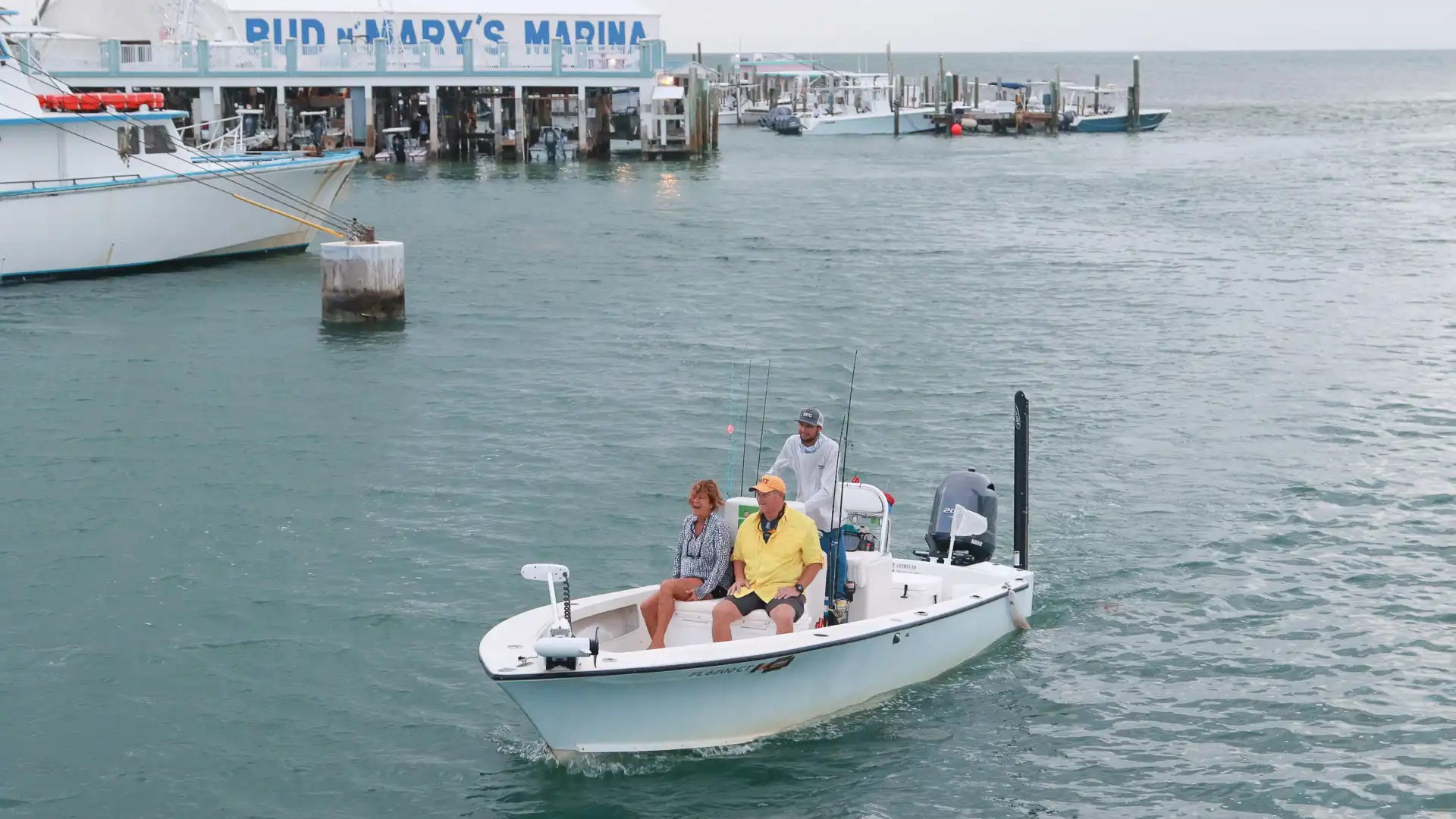
It’s part entertainment, part education, and if you put in the time to make the right choice, taking a charter fishing trip can be one of the best ways to enjoy the sport. There’s no one-size-fits-all formula, but a handful of key points will help you dial in your plan.
For simplicity, we’ll use the term “charter captain” to broadly include freshwater, inshore/coastal and offshore fishing. Variables, options and personal preferences are many, so here’s a rundown of points to consider and questions to ask.
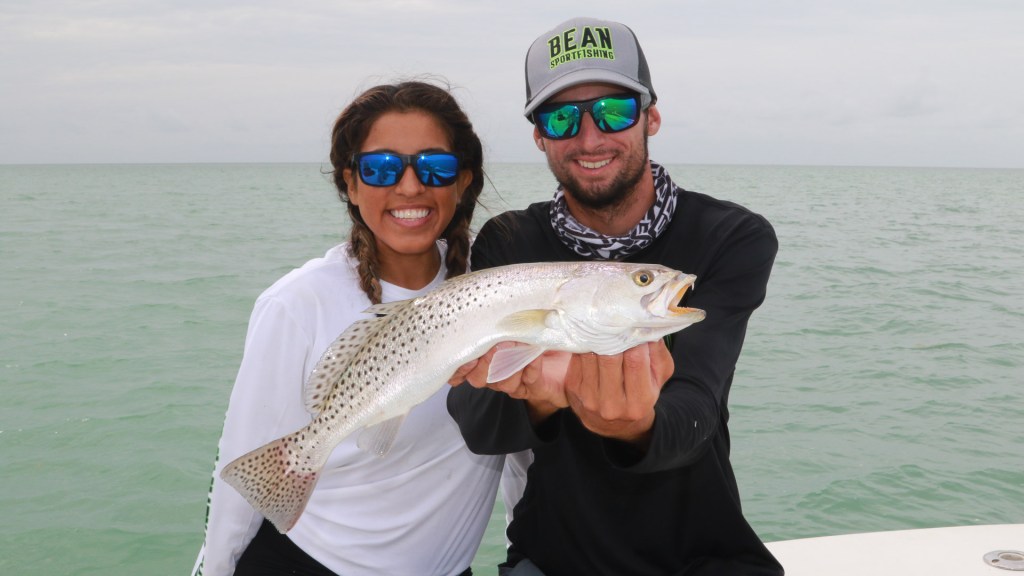
Where To Look
Google will show you who serves your target area, but consider that high search results reflect more on one’s SEO savvy than fishing ability. The two are not mutually exclusive; however, for more dependable analysis, check with state or local guide organizations, major marinas and fishing tackle stores.
The latter two often refer charter captains and some may even handle bookings. These captains reflect on the establishment’s reputation, so those referred are typically held to a high standard of professionalism and customer service. Example: Bud N’ Mary’s Marina in Islamorada, Fla., requires prospective guides to complete a thorough training program — the “BNM University,” that combines guide fishing skills with the intangibles that ensure satisfied customers.
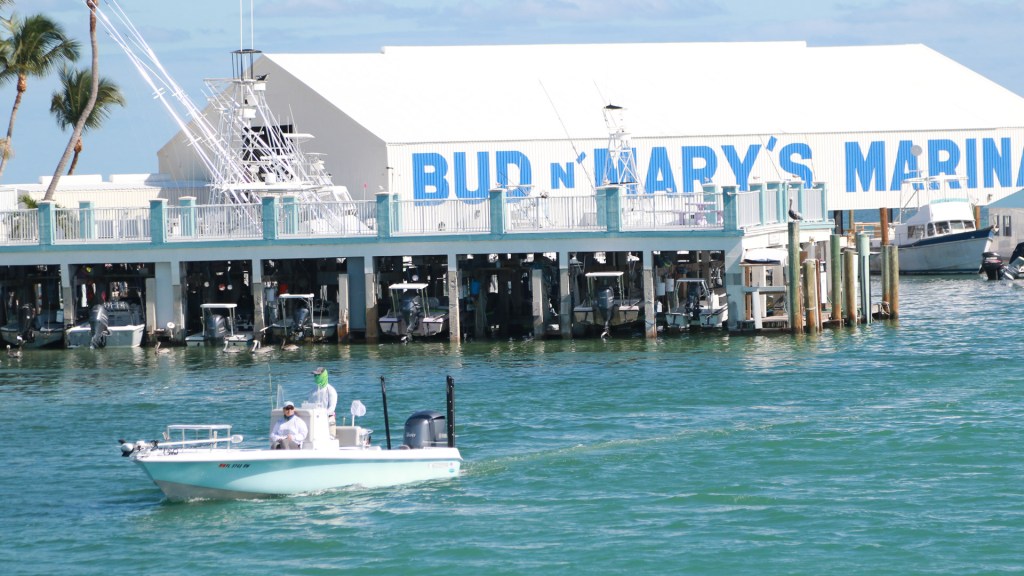
With a few names in hand, check the captains’ websites and/or social media to see if their catch photos indicate someone serving a diverse mix of anglers or someone focused on the hardcore fishing crowd. There’s room for all, but make sure you’re hiring someone whose temperament and demeanor matches yours.
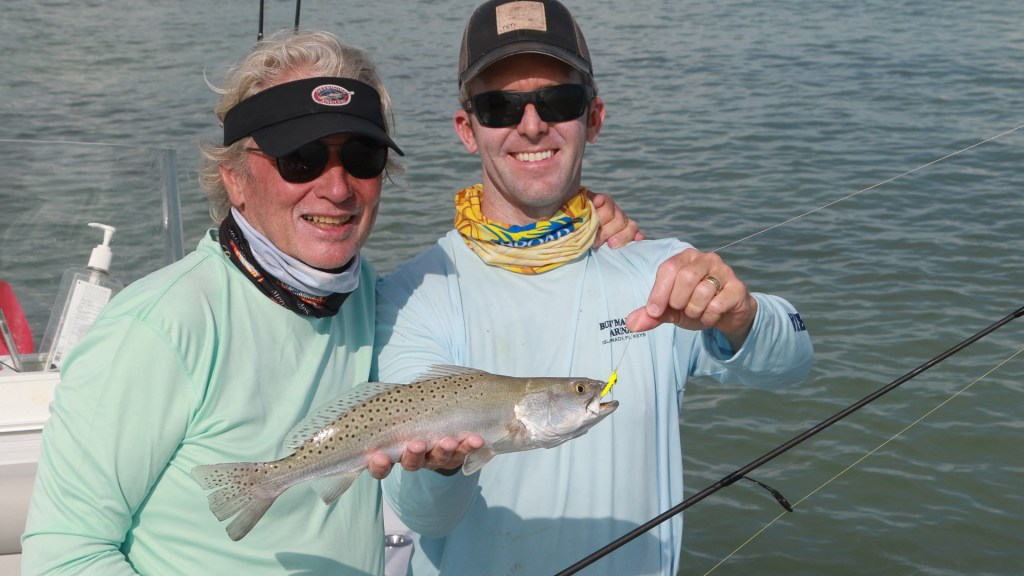
Reputation matters, as longevity in the fishing industry requires consistent performance. However, you should balance this consideration with the captain’s overall temperament and personality. You’ll get a good read on the individual from YouTube videos, but nothing beats a personal phone call.
Vessel Type
Safety and dependable operation should be fair assumptions, but comfort can impact a day’s enjoyment. I’m pretty hardcore, and I’ll tough it out for a good bite. Then there’s my wife: If she’s not comfortable, the trip is over. No discussion. Over.
Honestly assess your group’s experience and comfort tolerance and select a charter operator whose boat size and layout will fit your needs. Is there seating for everyone, or will some need to stand/lean all day? Does the boat offer any shade (T-top, collapsible canopy or even a beach umbrella mounted to the console or a rod holder)?
Also, ask how the boat handles in rough water. Offshore vessels are generally designed to push through waves and, while bay boats and small center consoles can also handle some chop, a flat-bottom skiff (ideal for shallow-water operation) makes for a brutal ride if the day turns windy.
And the biggie: Does the boat have a private toilet? Large offshore vessels typically have interior restrooms, while full-size center consoles often include a step-down “head” accessed through a console door. Skiffs and smaller inshore boats (also most freshwater charter boats) usually offer three options: Starboard side, port side or the bucket.
I’m not explaining this.
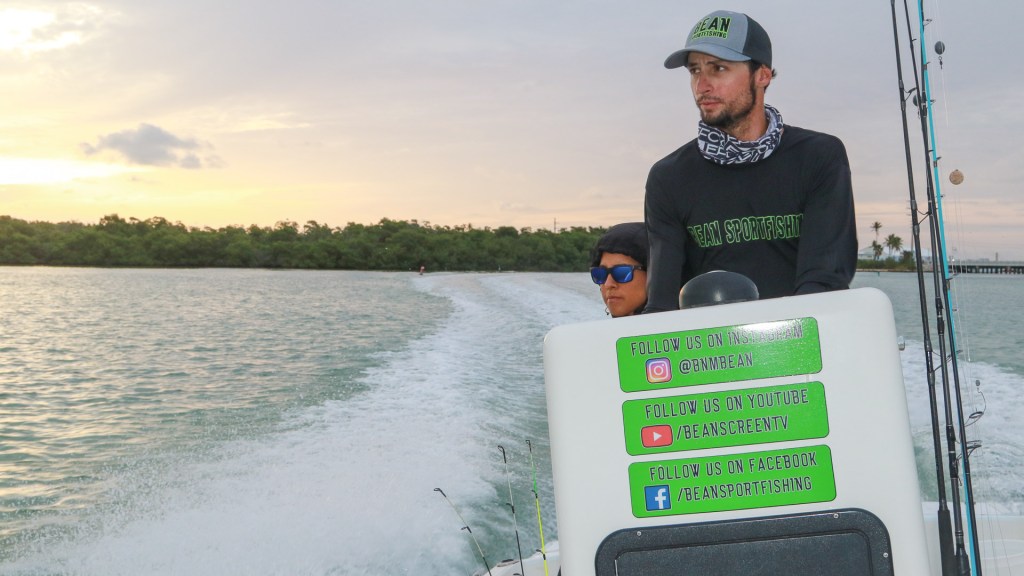
What To Target
Charter captains will advise clients on seasonal species opportunities and the distance between various areas in which they’re found. Don’t hesitate to express your wish list, but be ready to prioritize and consider quantity versus quality. The former means more fishing time with respectable results, while the latter may require a lot of boat riding for the potential of something special.
This also applies to bringing your own fishing rods and/or tackle. Your charter captain will have everything needed for the planned pursuits, but if you want to bring personal gear, mention this before the trip.
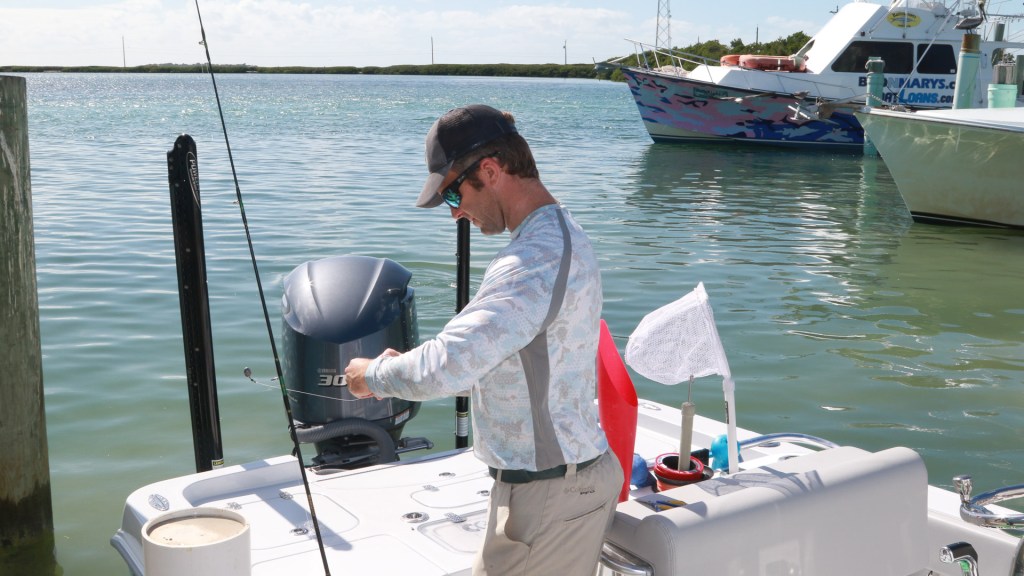
Dollars And Sense
Charter prices vary based on location, season and boat. Be a good consumer, but think supply and demand. Anyone good enough to consistently remain busy has no need to substantially undercut the competition.
Like any transaction, you get what you pay for. Whatever your choice, make sure you’re clear on all the details. Key points to cover:
- Deposit — How much, what’s the cancellation/refund policy and when is the balance due?
- Multiple-Day Discounts — Does the captain offer incentives for booking consecutive days and/or return clients?
- Weather Days — Some captains will run in all but hazardous conditions, while the more reputable will courteously advise clients if the weather/sea conditions look uncomfortable or unproductive (especially relevant for families with children, or anyone unaccustomed to boats or prone to motion sickness.). In fairness, canceling an hour into your trip leaves a captain little opportunity to rebook. Therefore, deciding to leave the dock typically constitutes a “trip,” even if you cut the day short.
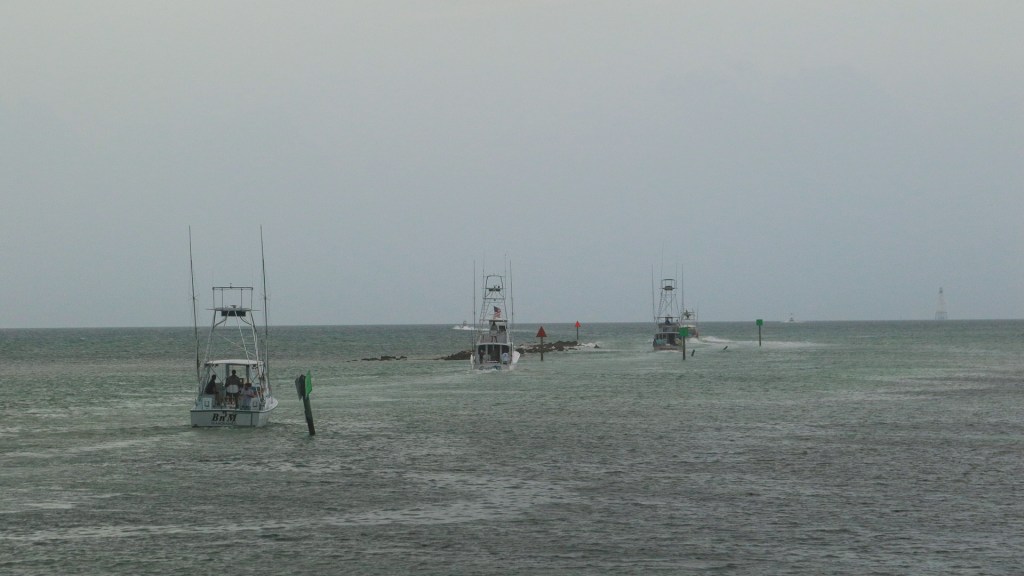
Fair Expectations
Keep It Legal
Licensing requirements vary by state, but don’t hesitate to confirm a captain’s documentation. Legit operators generally state their credentials on their website, business cards and social media.
In some states, a charter captain’s license covers his customers, but always clarify your licensing needs prior to arriving for a charter. Although most states offer online and/or telephone license purchase, you don’t want to hold up the trip by waiting until launch time to handle this.
Keep It Safe
U.S. Coast Guard licensing requires safety items such as a fire extinguisher, emergency signaling device (visual and audible) and personal floatation devices. Most captains will show new clients where the safety gear is located, but don’t hesitate to ask. No one plans on a tragedy, but if the unthinkable occurs, you’ll want to know how to access the PFDs in a matter of seconds.
Keep It Cool
With a cooler full of ice for snacks and beverages, most captains will say, “Bring whatever you want to eat and drink.” You might occasionally encounter a charter operator with catering options — typically a boxed lunch plan from a local restaurant. Some customers appreciate the convenience, but the DIY route is usually most economical.
Charter captains typically allow clients to bring alcoholic beverages, but because the vessel operator is responsible for keeping everyone safe, they have the authority to limit consumption if it impedes that objective.
After The Trip
Back at the dock, charter captains will help clients offload any gear and personal items. The boat owner is responsible for vessel cleanup, but a courteous offer to help (at least remove your own trash) builds the kind of good will that leads to extra effort on any subsequent trips.
Gratuity (15 to 20% of the charter fee) is generally expected for good service. If the captain and crew go the extra mile and deliver a banner day — maybe they treated the family exceptionally well — consider a little more generosity.
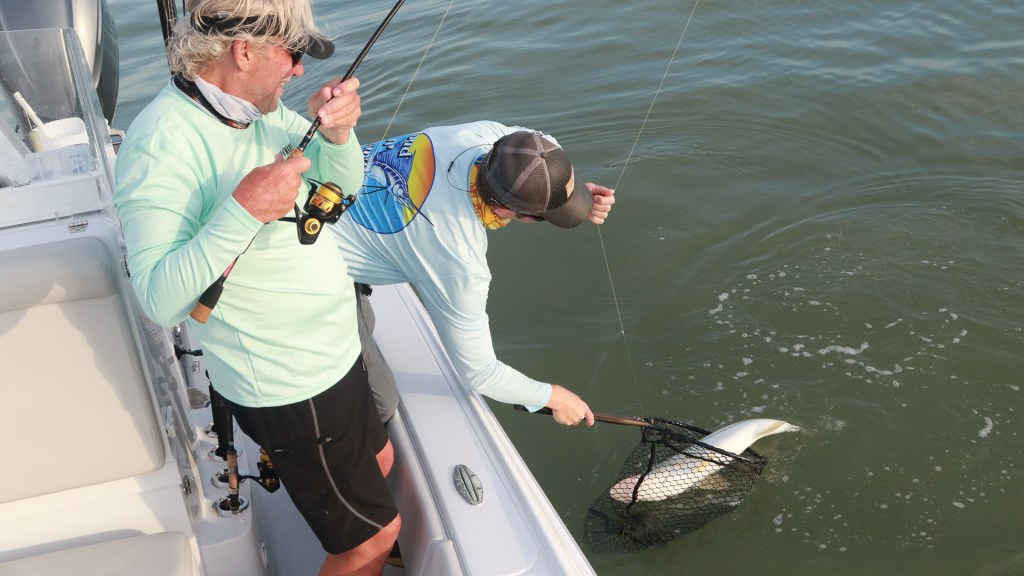
Fresh Fish: Keeping edible species is first determined by state and federal regulations, and your guide should be knowledgeable of the relevant details. At times, guides may not allow clients to keep certain species, such as snook or sharks, even when regulations are met.
That’s why pretrip conversations should always include discussions of likely species and what the “boat” rules allow. Similarly, if the captain and/or deck mate (if applicable) also fish during the day, it’s important to clarify who keeps the fish. It may seem straightforward — your charter, your fish — but sometimes the captain says, “My boat, my fish.” Talk it through before stepping aboard.
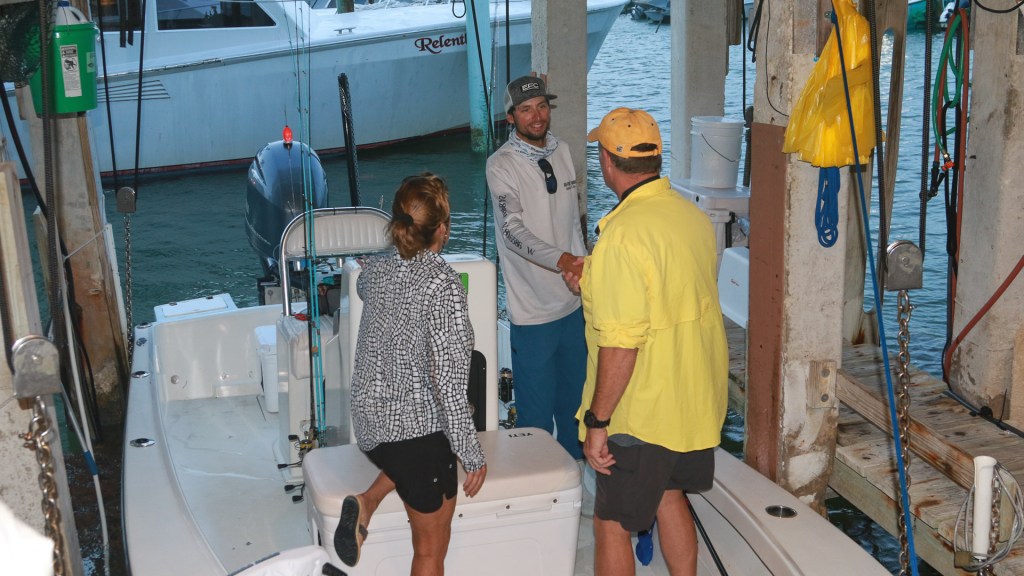
Optional Services: Should you catch a personal best, a record-breaking fish or simply a memorable species, ordering a replica wall mount can help preserve the moment. Be aware that all you need for this is a clear photo and basic length and/or weight data. Charter operators usually earn a commission for mount referrals, but they may be able to secure discounted services. Ask smart questions and make smart decisions.
Likewise, catching a large volume of fish — an exceptionally large one or several — might present a transportation problem, especially if you flew to your destination. Charter operators often offer fish cleaning, packing and shipping services. For something like gulf tuna or Atlantic halibut, such options might make sense.
Note: Get the facts on shipping costs before dropping the credit card. If you have a personal/business shipping account, ask if you can use it for the discounted rates.
Spread the Word: Lastly, if you had a good time, consider posting catch photos and tagging the captain on your social media. Dropping a note on their business page and giving them a favorable online review helps build their brand and ensure memorable experiences for future charter clients.

